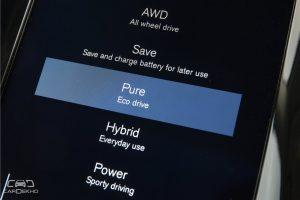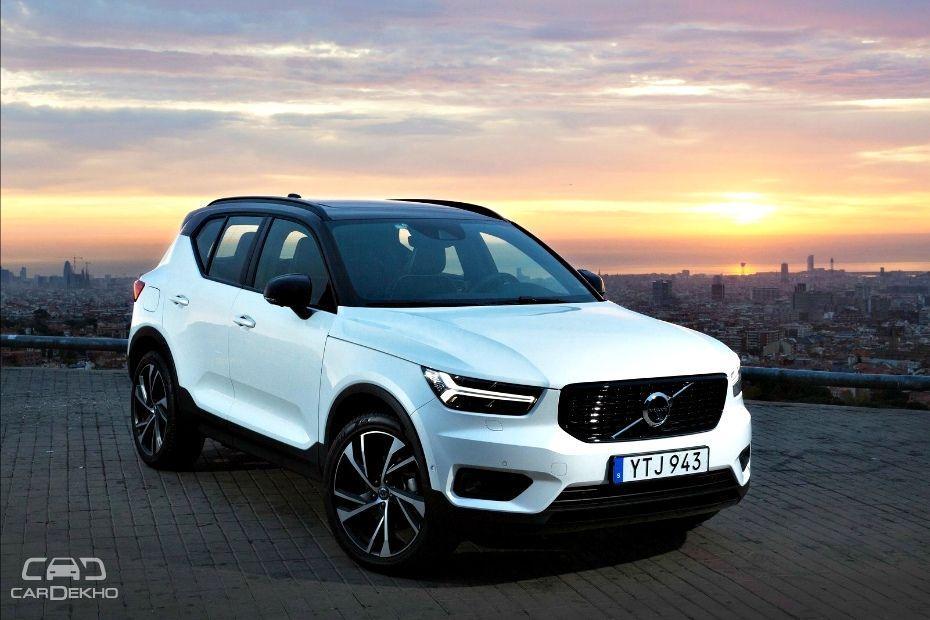Volvo Cars, the premium car maker, aims for fully electric cars to make up 50 per cent of its sales by 2025, the company announced today.
The announcement builds on Volvo Cars’ 2017 industry-first announcement that all new models released from 2019 will be available as either a mild hybrid, plug-in hybrid or battery electric vehicle.
The company’s strategy to generate half of its sales from electric cars by 2025 positions it as a powerful player in China, the world’s leading market for electrified cars.
The Chinese government plans to have new-energy vehicles account for more than 20 per cent of the country’s annual car sales by 2025, which equates to more than seven million vehicles, based on Chinese government forecasts.
“Last year we made a commitment to electrification in preparation for an era beyond the internal combustion engine,” said Håkan Samuelsson, president and CEO of Volvo Cars. “Today we reinforce and expand that commitment in the world’s leading market for electrified cars.

China’s electric future is Volvo Cars’ electric future.”
Volvo Cars currently produces the S90 and S90L T8 Twin Engine in China.
This week marks the start of production for the XC60 T8 Twin Engine in China, meaning that soon all three Volvo Cars China plants – Luqiao, Chengdu and Daqing – will produce either plug-in hybrid or battery electric cars.
Today at the Beijing Auto Show, Volvo Cars will visually reinforce the company’s position as an industry leader in electrification with all cars on display plugged-in.
The event marks the first time the company displays only plug-in hybrid vehicles at an auto show.
In another first, side-by-side on stage, the company is displaying its three globally-available Volvo SUVs: the XC90, XC60 and the new XC40. Beijing also marks the first public appearance for the T5 plug-in hybrid version of the new XC40.
The new XC40 was recently crowned 2018 European Car of the Year and has already amassed more than 60,000 orders globally since its launch in late 2017, even though Volvo Cars is yet to open order books in China.
The early success of the XC40 supports Volvo Cars’ expectations of strong demand for its new small SUV in China.
These expectations are also underpinned by growth forecasts for the segment over the next five years, as well as a growing middle-class population and China GDP growth trends driven by domestic consumption.
China is Volvo Cars’ largest individual market and this year delivered a 23.3 per cent first quarter sales increase, contributing to the company’s first-quarter global sales growth of 14 per cent. Volvo car sales in China last year passed 100,000 units for the first time.
The local launch of the new XC40 and the company’s deepened commitment to electrification leave Volvo Cars well-positioned to deliver on its ambition to further boost its share of the world’s largest car market.

2025: Half the Volvos Sold Will Be Fully-Electric
Posted by
Jimmy_Lecar
7 years Ago
26th April 2018
What’s your reaction?
Shares
Jimmy_Lecar














